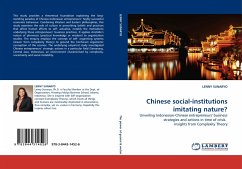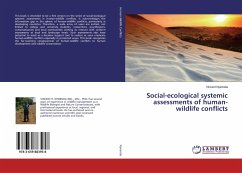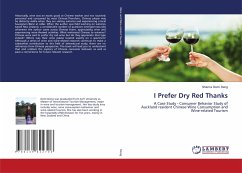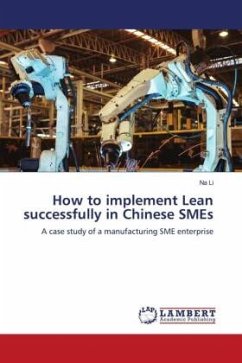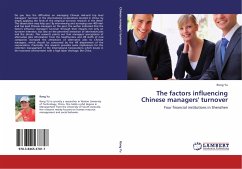This study provides a theoretical foundation explaining the long-standing paradox of Chinese-Indonesian entrepreneurs' highly successful economic behaviour. Combining Western and Eastern philosophies, this study examines the role of culture in prescribing beliefs and practices that affect human efforts to self- actualise, notably the motivations underlying these entrepreneurs' business practices. It applies Aristotle's notion of phronesis (practical knowledge or wisdom) to organisation studies. The enquiry employs the concept of self- organising systems (drawn from complexity theory) to ground the Confucian organismic conception of the cosmos. The underlying empirical study investigated Chinese entrepreneurs' strategic actions in a particular field (Semarang, Central Java, Indonesia), an environment characterised by complexity, uncertainty and social instability.
Bitte wählen Sie Ihr Anliegen aus.
Rechnungen
Retourenschein anfordern
Bestellstatus
Storno

